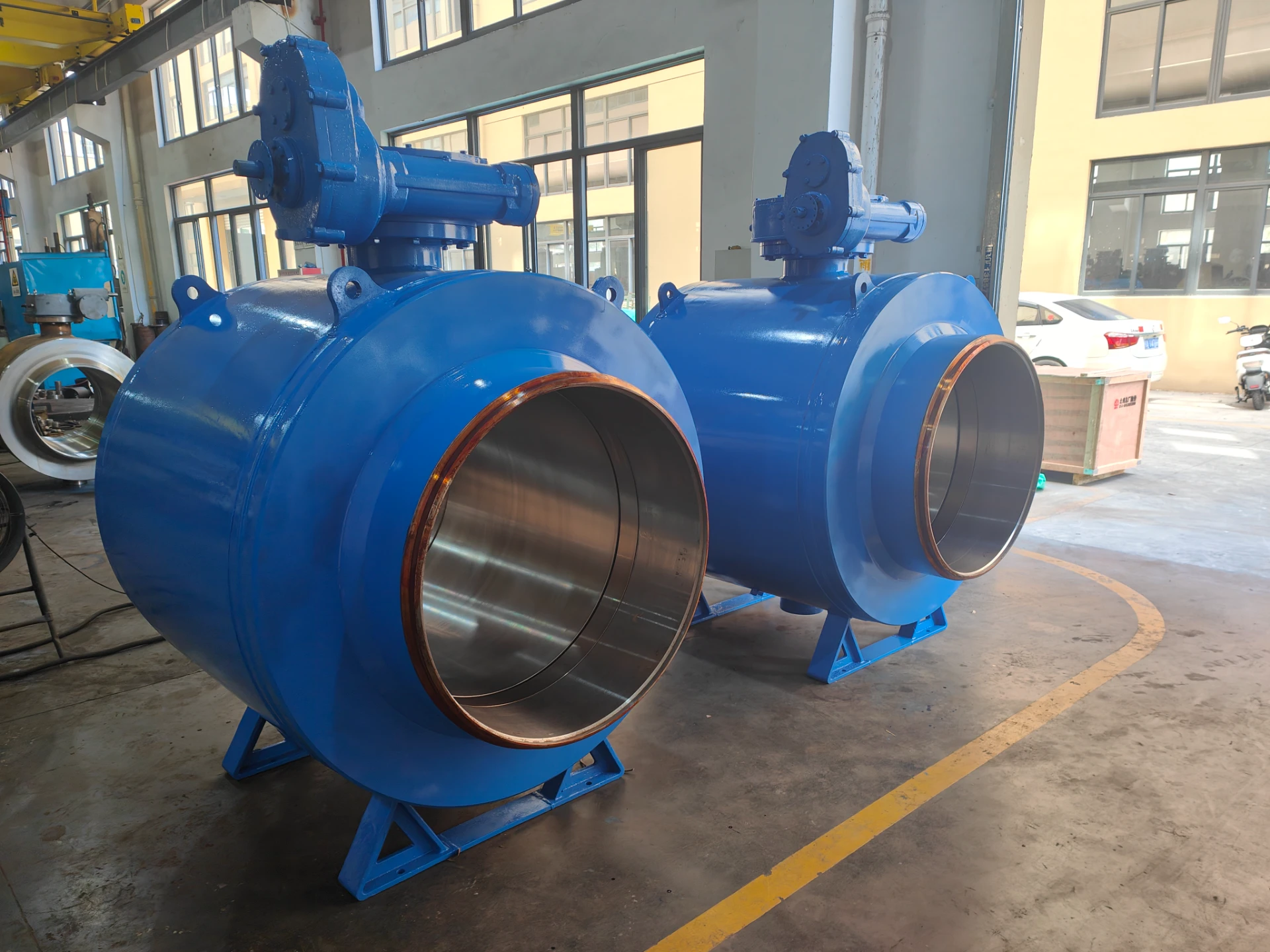ball valve stainless
Understanding Stainless Steel Ball Valves Essential Components for Fluid Control
Ball valves are a widely used type of valve in various industries, playing a crucial role in regulating the flow of liquids and gases. Among the different materials used in their construction, stainless steel has emerged as a preferred choice due to its unique properties and advantages. This article explores the significance of stainless steel ball valves, their features, applications, and maintenance considerations.
What is a Ball Valve?
A ball valve is a quarter-turn valve that uses a hollow, perforated, and pivoting ball to control the flow of fluid. When the ball's hole is aligned with the flow, the valve is open; when it is perpendicular, the valve is closed. This simple yet effective design allows for quick and precise control of fluid flow, making ball valves an indispensable component in many systems.
The Superiority of Stainless Steel
Stainless steel, known for its durability and resistance to corrosion, has become a preferred material for ball valves. The key characteristics of stainless steel, such as its strength, longevity, and aesthetic appeal, make it suitable for various demanding environments. Unlike traditional materials like brass or PVC, stainless steel can withstand extreme temperatures and pressures, which is particularly important in industrial applications.
Advantages of Stainless Steel Ball Valves
1. Corrosion Resistance Stainless steel is particularly effective in environments that involve exposure to moisture or corrosive substances. This resistance ensures a longer lifespan for ball valves, reducing the need for frequent replacements.
2. Temperature Tolerance Stainless steel can handle a wide range of temperatures, which makes these valves ideal for high-temperature and cryogenic applications. This feature is essential in industries such as oil and gas, chemical processing, and power generation.
3. Strong and Durable The robust nature of stainless steel ensures that ball valves maintain their integrity under high pressure. This durability minimizes the risk of leaks and failures.
ball valve stainless

4. Easy Maintenance Stainless steel ball valves typically have fewer moving parts, which simplifies maintenance and reduces the likelihood of mechanical failure. Moreover, they can often be operated manually or with automation systems, providing flexibility in usage.
5. Hygienic Properties In industries like food and beverage, pharmaceuticals, and biotechnology, stainless steel ball valves can meet stringent sanitation standards. Their smooth surface minimizes the risk of bacterial buildup and ensures compliance with health regulations.
Applications of Stainless Steel Ball Valves
Stainless steel ball valves are used across various sectors, showcasing their versatility
- Oil and Gas Industry These valves are crucial in managing the flow of hydrocarbons, often found in upstream and downstream processes. - Chemical Processing In this sector, stainless steel ball valves control the flow of corrosive chemicals, facilitating safe and efficient operations. - Water Treatment They play a vital role in water filtration and distribution systems, ensuring clean water supply. - Food and Beverage Processing Stainless steel valves are essential in maintaining hygiene and controlling process flows in production lines. - Power Generation Ball valves are utilized in steam and gas control systems, contributing to the efficiency and reliability of power plants.
Maintenance Considerations
Although stainless steel ball valves are generally low maintenance, regular inspections and cleaning are essential for optimal performance. It is advisable to check for signs of wear, leakage, or damage periodically. Lubricating the valve stem can also enhance operation and extend the lifespan of the valve.
Conclusion
Stainless steel ball valves represent a critical component in modern fluid control systems, offering durability, reliability, and efficiency across various industries. Their superior resistance to corrosion, high-temperature tolerance, and sanitary properties make them an optimal choice for both industrial and commercial applications. Investing in quality stainless steel ball valves ensures longevity and effectiveness, catering to the demands of diverse operational environments. As industries continue to evolve, the role of these valves in enhancing process control and efficiency will undoubtedly remain significant.
-
The Key to Fluid Control: Exploring the Advantages of Ball Valves in Industrial SystemsNewsJul.09,2025
-
The Versatile World of 1, 2, and 3 Piece Ball ValvesNewsJul.09,2025
-
Stainless Steel Ball Valves: The Ideal Choice for Efficient Flow ControlNewsJul.09,2025
-
Optimizing Fluid Control with Ball Float ValvesNewsJul.09,2025
-
Manual Gate Valves: Essential for Control and EfficiencyNewsJul.09,2025
-
Everything You Need to Know About Butterfly ValvesNewsJul.09,2025
-
The Versatility of Wafer Type Butterfly ValvesNewsJul.08,2025




